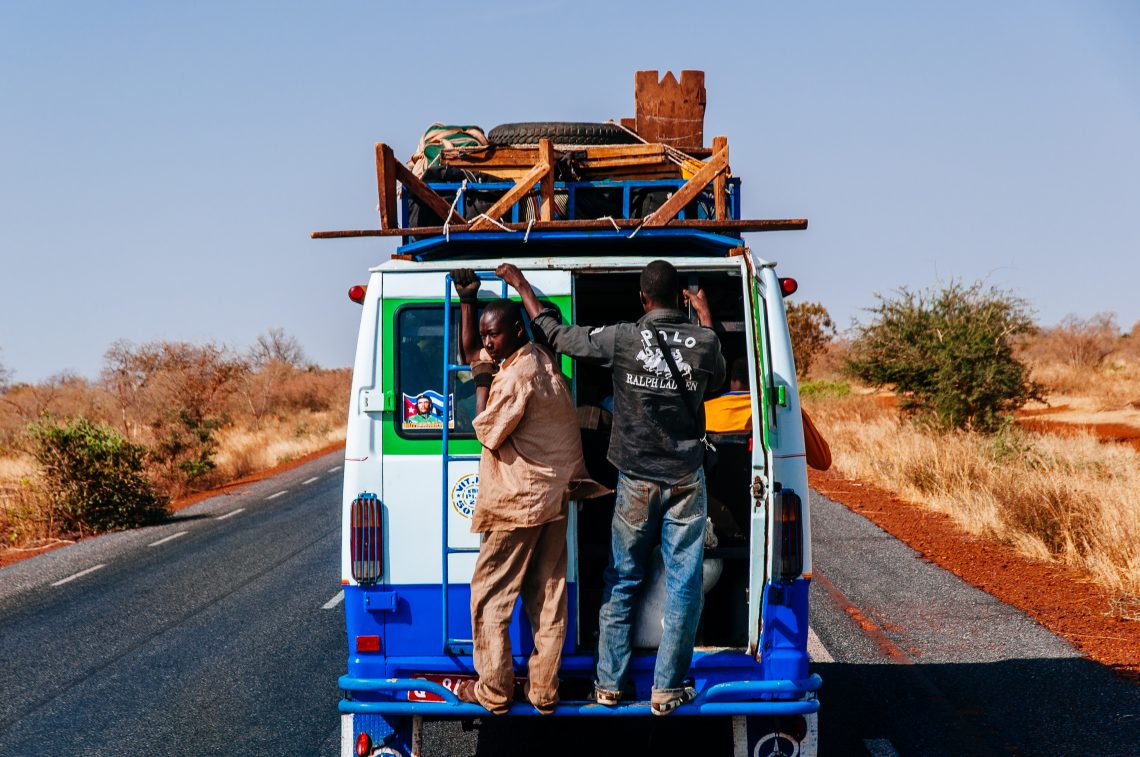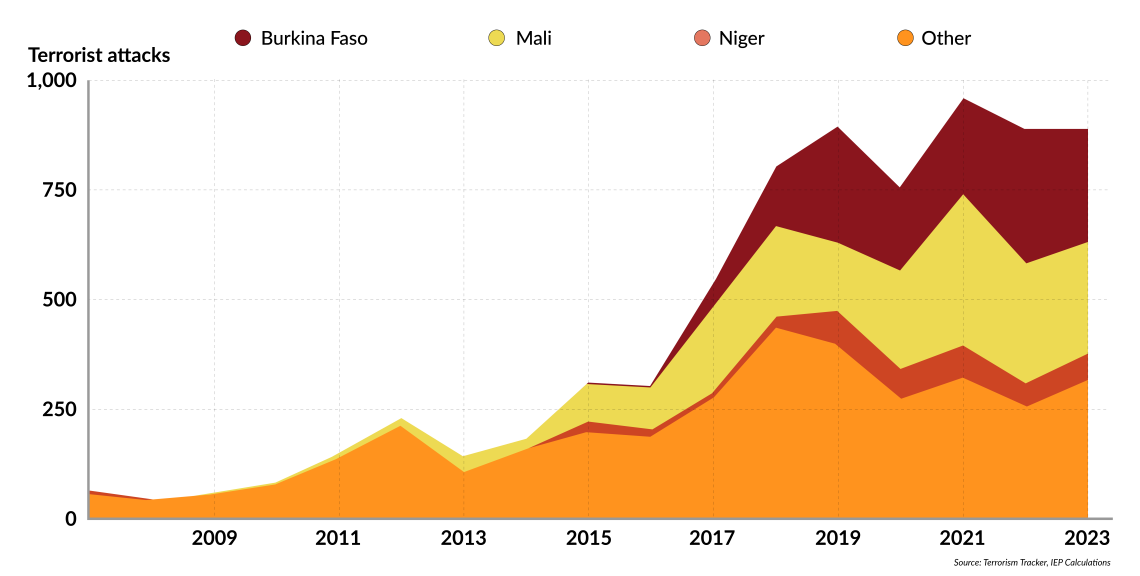Red alert in the Sahel
Violence and fanaticism are spreading in the Sahel. Could the region become a new terrorist caliphate?

In a nutshell
- Artificial borders have led to simmering resentments in the Sahel
- Resource exploitation and tribal tensions have made matters worse
- The region could spiral into violence and decline
Terrorism in the Sahel is increasingly urgent, though the roots of the issue are old. In this climatically complex zone, nations are artificial. The territories of most Sahel states, including Niger, Burkina Faso, Mali, Chad and Mauritania, are the result of borders hastily drawn by former colonial powers.
The challenge of stabilization inside artificial borders
To those familiar with life in the Sahel, it is clear that communities are still defined by tribal affiliation. The creation of modern nations has often led to tensions between these tribes. Worse still, it is easy to observe that whenever democracy is established and elections are held, it is almost always the majority tribe that ends up imposing its law at the expense of minority groups. The resulting friction then escalates into civil war.
The discovery and exploitation of natural resources often make matters worse. Mali is a major gold producer alongside Niger and Burkina Faso, where the mining industry significantly contributes to the economy. The border area between Mali and Niger has become a focal point for intense gold prospecting activities, attracting attention from both local and international – primarily Chinese – mining companies. The region is also rich in uranium and oil, which now feeds a new pipeline from Niger to Benin.
Long-standing conflicts between nomadic groups and settled communities also divide the population. In these contentious environments, where profits frequently fund the purchase of arms, many turn to jihadism as a means of asserting their power and resolving disputes.
Facts & figures
Terrorism on the rise in the Sahel region

Jihadism in the Sahel
Organized Islamist terrorism is not at all a new phenomenon, contrary to popular belief in the West. Jihadist groups emerged in the region some 30 years ago, with the formation of Algeria’s Armed Islamic Group (GIA) in 1992. The organization was created during a devastating civil war triggered by the government’s cancellation of elections won by an Islamist party.
French intelligence services were already concerned by the issue. As early as 1995, they knew that Algerian rebels were purchasing weapons from Sahel traffickers selling arms from the caches abandoned by the Libyan Army in the Tibesti mountains. These circumstances proved a fertile soil for violent Islamism to thrive.
The initial terrorist attacks against French interests in Niger during 1999 and 2000 clearly showed that the GIA was capable of posing a real threat to the region. Following the 9/11 terrorist attacks in 2001, when most of the world became aware of the Islamist threat, France attempted to warn Sahel nations of their vulnerability. However, these warnings were dismissed, perceived as echoes of a post-colonial and Islamophobic mindset.
Yet, the reality was that this poor, unstable region, experiencing rapid population growth and poor governance, and having been influenced for decades by Islamic NGOs from Gulf states and Pakistani preachers, was a ticking time bomb. This was evidenced by hostage takings in 2003, an anti-French attack in 2007, and recurring threats against French and European embassies and interests.
In 2005, a cell of the Libyan Islamic Fighting Group was dismantled in Mali’s capital, Bamako. The region was already being undermined by these forces and destabilized as a result, well before the fall of the Libyan regime in 2011. However, Muammar Qaddafi’s removal only worsened the situation and accelerated the process.
Today, Algeria fears the consequences of the threat it has unleashed. Conflicts beyond its borders could lead to a refugee influx and the possible infiltration of terrorist elements into its territory. There are Malian army auxiliaries, operatives of the private military company Wagner and pro-Turkish Syrians at its border.
Changing military and economic circumstances
As religious tensions continue to rise due to Islamic State, al-Qaeda and Boko Haram, the economic landscape is also shifting. Sahel countries, having moved away from French oversight, have formed the new Sahel States Alliance. There is speculation that they might abandon the CFA franc and the Central Bank of West African States. It remains unclear whether they will stay within the West African Economic and Monetary Union’s customs territory.
More by Charles Millon
It is evident that the West, particularly France, is facing setbacks, having been largely driven out of the region by Russian influence. For instance, despite President Emmanuel Macron’s announcement on July 14, 2022, that he would “rethink” French military deployments in Africa, the reality is that France has been pushed out of Mali, Burkina Faso and Niger in quick succession.
Still, France is trying to redefine its relationship with African countries where it can, creating interoperability and joint military academies, notably in Djibouti, Ivory Coast and potentially Cameroon. Additionally, Benin, despite facing jihadist threats in the north, remains a French ally for the time being.
Yet, anything can happen: no country in the region is immune to destabilization.
For industry-specific scenarios and bespoke geopolitical intelligence, contact us and we will provide you with more information about our advisory services.









